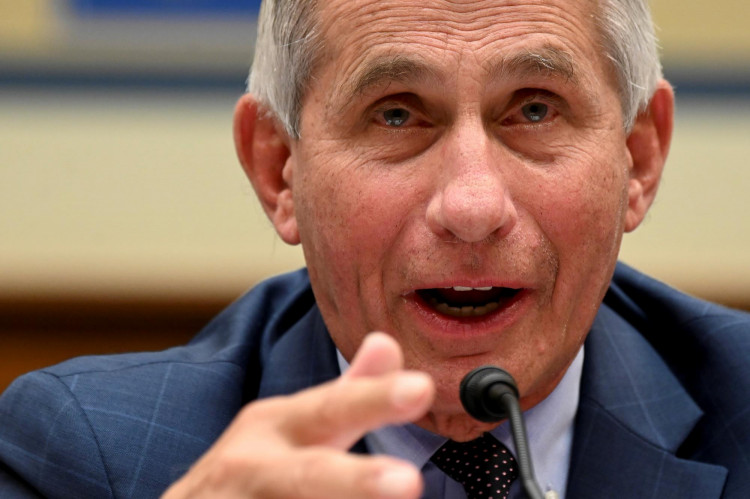Dr. Anthony Fauci on Wednesday revealed that he has been getting death threats and his daughters were being harassed because of his high-profile statements regarding the global pandemic.
Fauci, who is a key figure on U.S. President Donald Trump's Coronavirus Task Force, claimed that he, his wife and three daughters, who live in three separate cities, are riding out the stress.
In an interview with CNN's Dr. Sanjay Gupta on Harvard's School of Public Health website, Fauci said that the pandemic was bringing out the best and worst of people.
"Getting death threats for my family and harassing my daughters to the point where I have to get security is just amazing," Rob Stein of NPR quoted him as saying.
The chief of the National Institute of Allergy and Infectious Diseases has been assigned a security team since early April after the threats over the nature of his work to reduce the spread of COVID-19.
Fauci argued that the threats were based on a bitterness toward public health principles that he has advocated throughout the pandemic, pointing out that he would not have imagined "in my wildest dreams" that people who are opposed to public health principles are so angered they would actually make threats.
Fauci answered questions about the pandemic during the roughly 90-minute forum held over Zoom and live-streamed on Facebook. He addressed what he described as a degree of "anti-science feeling" in the U.S., saying he thinks the general sentiment is connected to a widespread doubt of authority.
Fauci, 79, is one of the most revered infectious disease experts in the world and has led the NIAID since 1984. He has advised six American presidents on issues of public health. In recent months, he has sometimes made statements that have contradicted Trump. Fauci is not the only one in being threatened for his work in public health, especially on COVID-19. Local health officials around the U.S. have reported receiving threats online.
The pandemic has sickened around 4.8 million people in the U.S., data compiled by Johns Hopkins University showed. Public safety measures like wearing of face masks, social distancing, and avoiding large crowds have become a point of dispute in the U.S. and affected efforts to reduce the spread of the virus.





